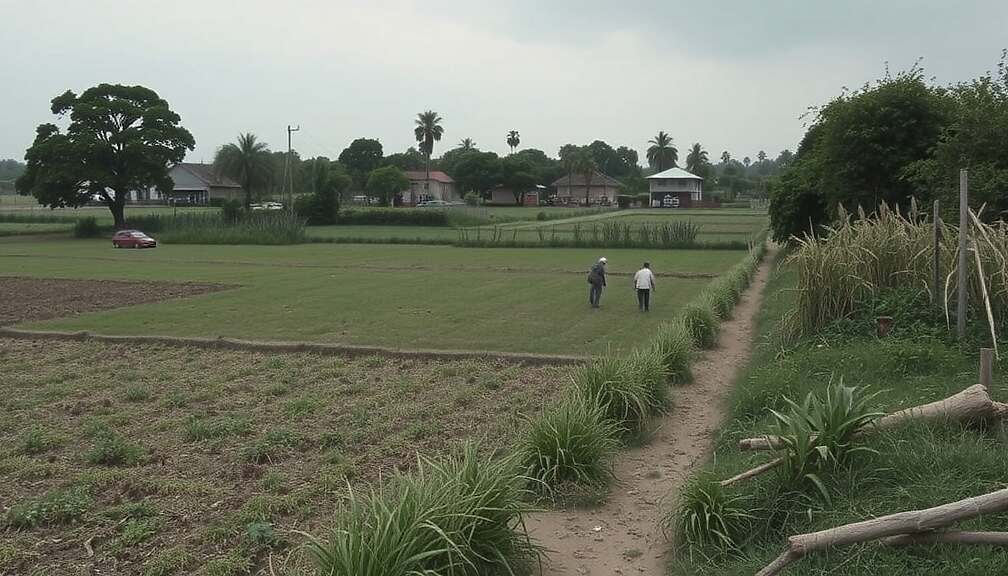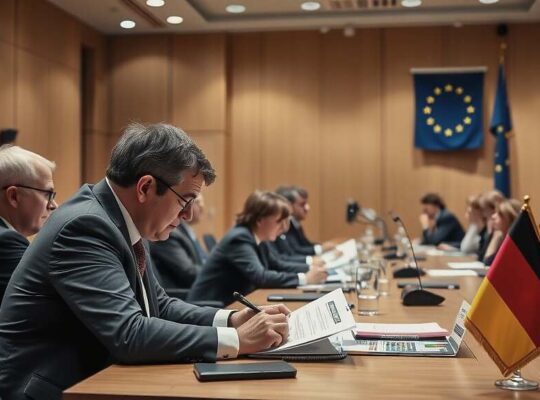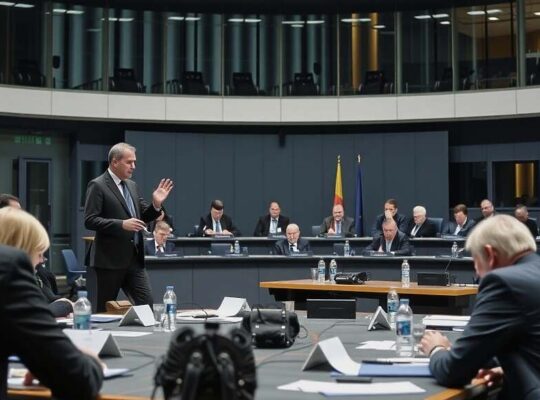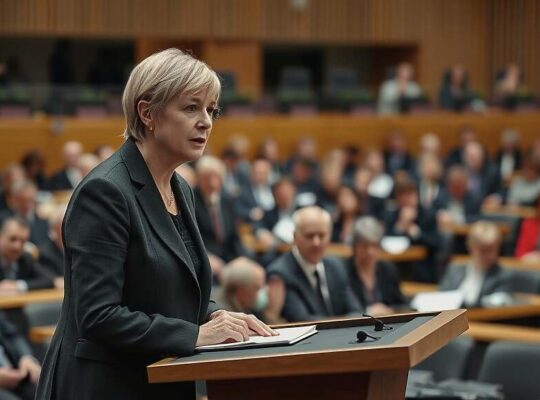The German Agriculture Minister, Alois Rainer (CSU), has launched a sharp critique of the European Commission’s proposed reforms to the EU Deforestation Regulation (EUDR), signaling potential roadblocks for the legislation’s already delayed implementation. The regulation, designed to prevent the sale of products linked to deforestation within the EU, is facing pushback centered on what Rainer deems excessive bureaucratic burden and a failure to adequately recognize Germany’s relatively low deforestation risk.
Rainer’s primary contention revolves around the absence of a “zero-risk” variant within the current draft. He argues that the continued administrative overhead disproportionately impacts businesses and renders the proposal unacceptable in its present form, demanding an urgent revision. Rainer insists that the regulation must more accurately reflect Germany’s standing as a nation without deforestation, a point he believes is insufficiently acknowledged. He reiterated a commitment, enshrined in the governing coalition agreement, to advocate for the introduction of this zero-risk designation.
While the Commission has proposed delaying the rollout of the EUDR for small and micro-enterprises by another year and simplifying due diligence requirements for these businesses, Rainer dismissed this concession as inadequate. He stated that the changes, while partially addressing concerns, don’t provide the necessary “practical suitability” and fail to guarantee legal certainty.
The criticism highlights a complex political dynamic. Germany, despite experiencing a recent increase in overall forest area, is grappling with deteriorating forest health. Data indicates that only one in five trees are currently deemed healthy and critically, German forests are now emitting more CO2 than they absorb, undermining the nation’s climate goals. This situation complicates the justification for demanding exemptions while simultaneously pushing for a regulation intended to combat global deforestation.
The EUDR aims to tackle a significant global problem; deforestation is estimated to be responsible for 10-15% of global greenhouse gas emissions. The Food and Agriculture Organization of the United Nations (FAO) estimates the loss of approximately 420 million hectares of forest-an area greater than the EU-between 1990 and 2020. European consumption, particularly driven by palm oil and soy (largely for animal feed), accounts for roughly 10% of this alarming trend.
Rainer’s stance underscores a fundamental tension between the EU’s commitment to environmental sustainability and the economic concerns of member states. The ongoing debate raises questions about the effectiveness of blanket regulations and the necessity of tailored approaches that acknowledge differing national contexts and risk profiles, while maintaining the integrity of the EUDR’s core objective of halting deforestation linked to European consumption. The prospect of prolonged negotiation and potential dilution of the regulation’s impact remains a significant concern for environmental advocates.












